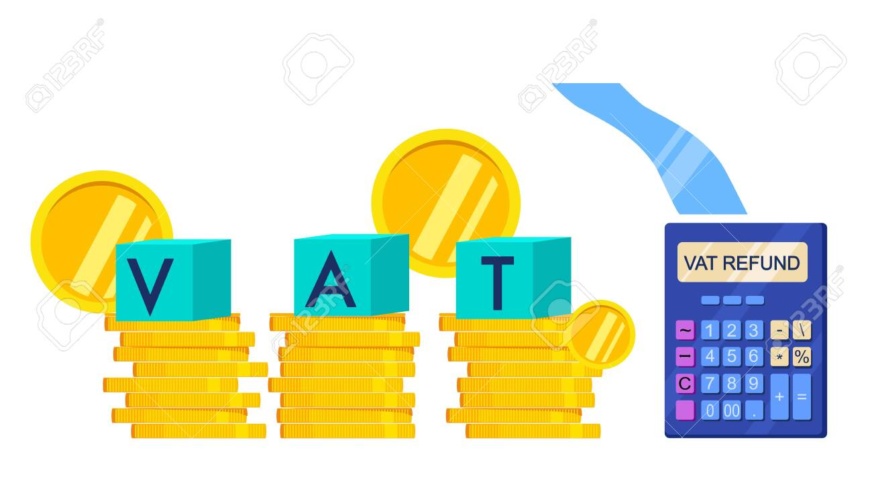The imposition of the corporate tax in the United Arab Emirates (UAE) represents a major development in the nation’s taxation policy, a sign heralding its increasing participation in international standards and openness. Companies in the UAE must now comply with the changed tax environment, and Corporate Tax Filing UAE is an essential part of company compliance and budgeting. The UAE initiated a federal tax policy for companies as of June 1, 2023. It affects businesses’ income across the Emirates, charging a normal rate of 9% on more than AED 375,000 profits. For a majority of businesses, particularly those with a prior tax-free advantage in free zones or through special permits, the adjustment will be a big operational shift. Thus, companies need to be aware of the Corporate Tax Filing UAE fundamentals in order not to incur penalties and sustain a healthy financial position.
Importance of Corporate Tax Filing in the UAE
Corporate tax filing involves more than the mere submission of financial documents; it is legal requirement as well as proof of a company’s economic operations and lawfulness. It involves the correct recording of revenues, expenditure, and profits. It does not matter if the firm is a multinational entity, a free zone business, or a Small and Medium Enterprise; the filing of corporate taxes is now an integral part of the comprehensive fiscal plan. It promotes openness, facilitates access to banks and credit, and builds the firm’s image with investors and partners. The UAE’s shift towards corporates taxation also reflects its alignment with the OECD’s Base Erosion and Profit Shifting framework, which aims to combat tax evasion by multinational enterprises. In the spirit of alignment, companies are encouraged to keep comprehensive records and make truthful tax returns every year. Not adhering to the regulations may lead to administrative fines, audit, or legal proceedings, which could severely hit a business’s operations and reputation.
Who Must File Corporate Tax in the UAE?
Corporate tax will be levied on all UAE-incorporated entities, including mainland businesses and the majority of free zone entities, subject to special conditions. Foreign entities with a permanent base in the UAE as well as foreign entities with income arising in the UAE will also be subject to the tax regime. Exemptions will be provided for natural resource extraction businesses (that still report tax on the Emirate level), charities, and investment funds subject to specified criteria. It will be possible for free zone companies to enjoy the 0% corporate tax if they satisfy the qualifying conditions, such as having sufficient substance in the UAE and not engaging in business with the UAE mainland. Nevertheless, the entities will still have the obligation to register and file corporate tax returns, and hence compliance will be necessary even for companies that will practically have little or no tax.
Corporate Tax Filing in the UAE: Steps
The UAE’s corporate tax filing procedure includes a number of important steps:
- Registration: All companies liable for tax as a corporation are all required to be registered with the Federal Tax Authority (FTA). This is a requirement regardless of whether the company is eligible for exemption.
- Record Keeping: Companies are required to keep detailed books and backup documents for at least seven years. These include invoices, financial records, banking information, contracts, and more.
- Computation of Tax: Businesses must compute their tax base in line with the rules issued by the Ministry of Finance and the FTA. It includes adjustments in the accounting profits so as to ascertain the proper tax base.
- Filing Tax Return: Electronic filing of the tax return by the company within nine months after the close of the fiscal year. A company with a December 31 fiscal year closing date, for instance, will file by the next year’s September 30.
- Payment of Tax: Pay all tax owed by the same date as submitting the tax return so as not to incur penalties.
Typical Challenges and Compliance Risks
Companies in the UAE could face a variety of issues in embracing the corporate tax system.
- Lack of internal expertise in tax compliance
- Lack of knowledge on FTA protocols and online platforms
- Tax computation errors as a consequence of faulty financial reporting – Misclassification of income or expenses
Lack of awareness of qualifying free zone conditions
In response to all these challenges, more companies are trying to benefit from the services provided by tax consultants and local specialists who have expertise in tax matters.
Overview
Backing by https://www.vat-registration-uae.com With this changing scenario, companies need to prioritize corporate tax compliance. Whether you are a start-up, SME, or multinational, ensuring correct and on-time Corporate Tax Filing UAE is the need of the hour. That’s where [vat-registration-uae.com](https://vat-registration-uae.com) takes over. Being a reliable platform, it assists you with expert advice on registering for corporate tax, tax compliance, and recurring filing. With a profound knowledge base of UAE tax legislations and FTA regulations, their team ensures your company stays in line, avoids fines, and gets into the groove with the new tax regime turning corporate tax filing into a seamless affair.




